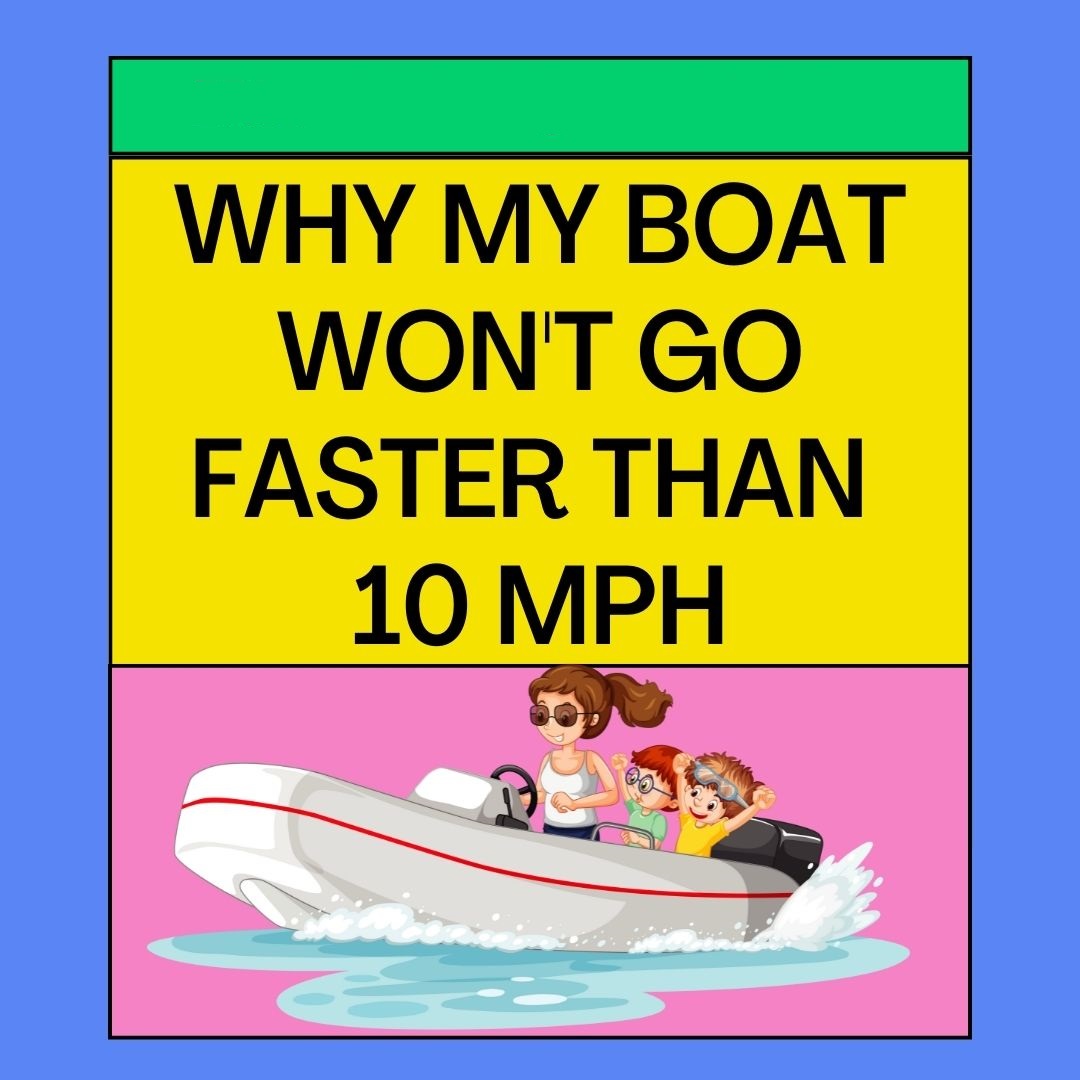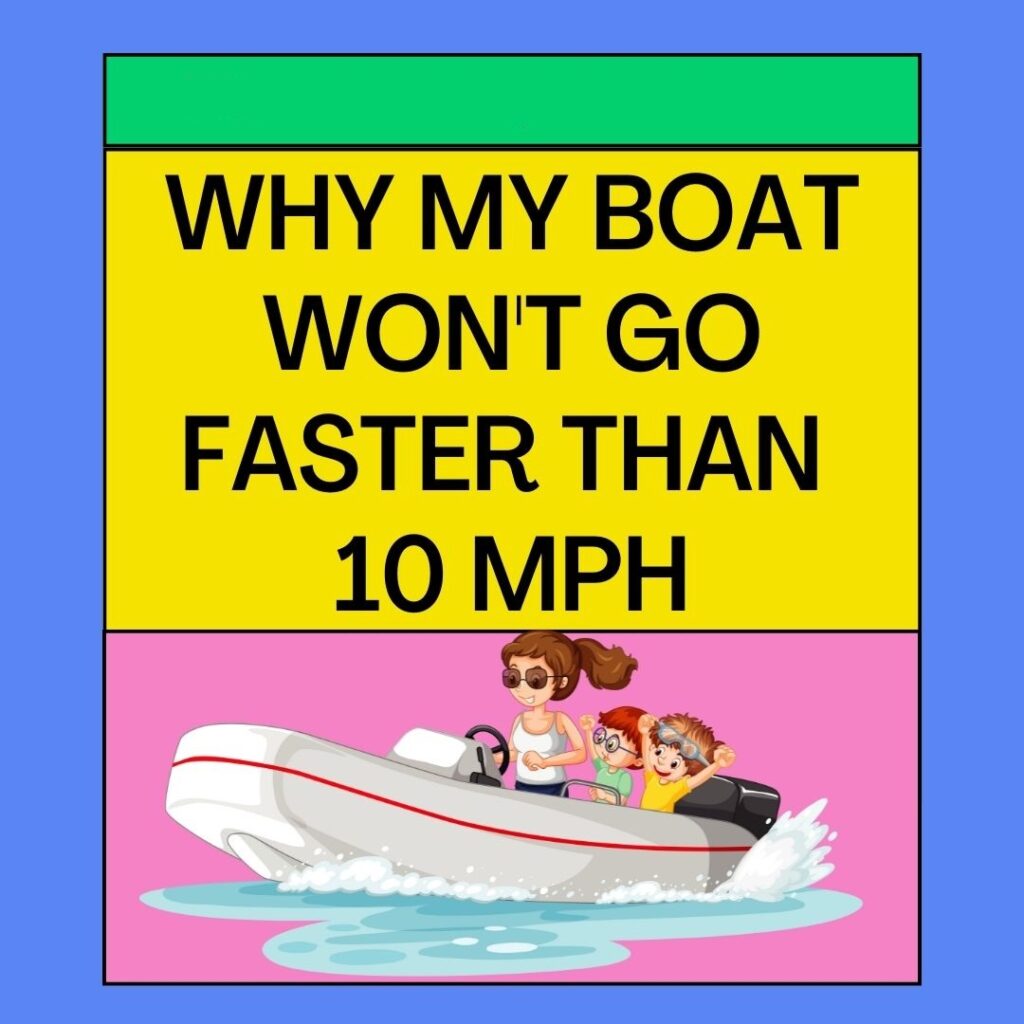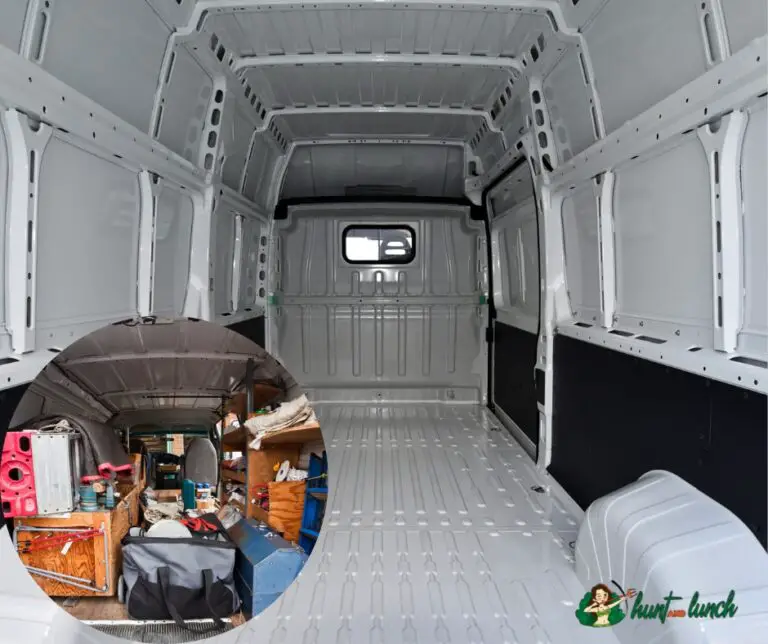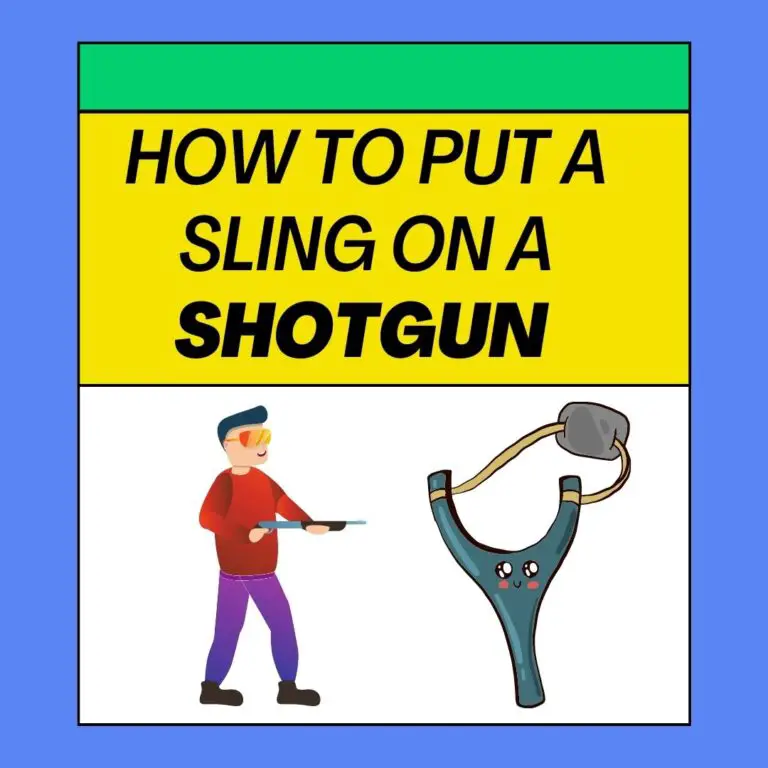
You just took your boat out for a ride on the water. But, it’s not going as fast as it’s supposed to even at full-throttle. Now that’s an annoying problem. And, it should be looked at as soon as possible.
So, why do you think your boat won’t go faster than 10 mph?
The most common reasons behind a boat not going faster than 10 mph are usually carburetor or fuel issues. There could be other simpler problems like marine growth or improper plug connections. If you’re lucky enough, most problems can be fixed at home.
We’re going to tell you all about what could be wrong with your boat. And, how to fix it.
Keep reading to find out!

3 Reasons Why Your Boat Won’t Go Faster Than 10 mph
Your boat won’t go full speed for several reasons starting from a tangled propeller to a bad carburetor. Did you check the fuel line? Are the plugs plugged in correctly?
It could be a silly issue you just missed looking at. It could also be a major problem that might cost a fortune. Even at full-throttle, your boat speed may seem to be not up to the mark. Obviously, it’ll have anyone wondering, why my boat won’t go fast?
Your boat won’t reach its top speed if it has any internal or external issues. Algae on its hull or plastic stuck on the propeller reduces the speed. The problems can be a variety of things. You might even find out that the carburetor needs to be replaced while troubleshooting the speed problem.
Let’s check out the details about what reasons might be causing your boat’s speed problems-
Problem 1: Fouled Hull and Propeller
If your boat stays idle in the water for long enough, you’ll definitely see marine growth on it. This is an unavoidable situation for things that stay on the water, like a boat.
Organisms from algae weed to mussels, and barnacles will build their habitat on the hull given the chance. These marine organisms can spread their range from just the hull to the propeller. This will inevitably cause reduced speed efficiency for your boat.
Debris in the propeller can be anything- seaweed, fishing net, plastic bags, etc. Water pollution isn’t really an uncommon problem nowadays. So, this shouldn’t be rare for your propeller, especially if it stays in shallow waters.
Take a look at your boat’s parts to see if you should be worried about this. It’s that easy to identify this problem.
Solution
Here’s what you can do to get rid of those pesky sea pests from your boat-
- First of all, make sure to scrub off the existing ecosystem from your boat’s hull. As simple as that sounds, you’d either have to get underwater or lift your boat up for this. It is a bit tougher than you think.
You can attempt to do this at home if you have the resources and expertise. Or, you can hire a professional to do it just to be on the safe side. The price range for cleaning businesses can be $10 to $50 per foot.
- Next, we’ll focus on protection. Put an antifouling layer on the hull to control the growth. This treatment will make the hull’s surface repulsive to marine organisms.
Depending on the water, antifouling may need to be reapplied every 4 months to 12 months.
- Remove any object that is entangled with the propeller. Be very careful with this as you can risk damaging the propeller in the process.
Check if the propeller is already damaged or not. You’ll have to replace it if any kind of damage is already done. It might also be a lower unit instead of a spun prop.
- Finally, the easiest prevention for this problem is keeping your boat on the move. The constant friction won’t let any creature stick to the surface, let alone build a habitat. Or, you could also keep the boat out of the water when not in use.
Problem 2: Fuel Problems
Fuel problems are some of the major reasons why your outboard motor won’t go fast. A lot of things can go wrong with your fuel line, pump, filter, and even quality.
Your fuel filter can get clogged with debris. The fuel hose condition can deteriorate due to environmental factors or high ethanol. The fuel pump can also malfunction causing your outboard to bog down.
Bad quality fuel with ethanol amounts exceeding 10% can cause multiple problems for your boat. Check for all these issues because all of them, separately or combined, will slow your boat down.
Solution
Fix each of these problems in the following ways-
- Remove the boat’s cowling and check for any leaks near the fuel lines, pump, and filter. If you find any, the next step is to replace the leaking line.
- For poor-quality gas, just switch it up with low ethanol fuel.
- For your fuel pump, get a compression gauge. Put it inside the sock of the spark plug. Open the throttle and check the rating on the gauge. If it doesn’t match the outboard’s rating, the pump needs to go.
- Lastly, if your fuel line has debris or dirt stuck inside it, it needs to be cleaned. Clean the pipes just like a normal pipe. Be careful not to puncture anything while you’re at it.
Problem 3: Carburetor Problem
So, you’ve checked everything from the propeller to the fuel. Yet, your boat won’t plane off. This brings us to the final and most expensive problem, the carburetor issue.
High ethanol fuel is usually the reason why carburetors act up. If you use these fuels for long enough, it’ll deteriorate the components of the boat.
Solution
If the carburetor is the problem, then sorry to say this but you need to rebuild that carb. And, spoiler alert, it is going to cost you a bit more than you think. You can also replace it with a new one. But, it’s going to be cheaper with a rebuild.
So, how much does it cost to rebuild a carburetor?
Rebuilding it can cost anything up to $500. Although rare, the lowest price you can possibly get is $100. Replacing it, however, will cost from $500 up to $2000. You can try to rebuild it by yourself if you think it’ll save you money. But, we’d suggest you go to a mechanic.
That’s all for the common problem behind your boat is slow. Take safety precautions and maintain your boat to avoid any future problems.
FAQs
How Many RPMs Should A Boat Run At?
You should run your boat at 3400 and 3800 rpm for the best speed. Most gas motors these days run on 4800 rpm to 6000 rpm for full-throttle. However, the recommended range is still 3400 rpm and 3800 rpm according to the mechanics.
Is It OK to Run Boat At Full Throttle?
Yes, it is completely fine to run your boat at full throttle. All outboards are made to run at full throttle. But, this may have a toll on your fuel economy. Other than that, you should face no problem running a properly rigged boat at WOT.
What to do when Outboard Motor is Too Low?
If your outboard motor is lower than it should be, your boat’s efficiency will be affected. Your boat speed will be sluggish and there’ll be too much spray. You might also see water making its way into the cowling.
Final Words
Hopefully, this helped you figure out why your boat won’t go faster than 10 mph. Make sure to keep your boat parts clean and maintained. Take it for regular check-ups if needed even.
So, did this article help solve your problem? Let us know in the comments.
Best of luck!

I’m Cindy, a free-spirited outdoor enthusiast. Since childhood, Our family frequently goes on weekend camps and my father, who was a skilled hunter, used to teach my siblings and me valuable things about wildlife survival. I made this blog to share my knowledge, experiences, and tips.





![Why Do I Always Get Sick After Camping? [8 Reasons and Tips]](https://huntandlunch.com/wp-content/uploads/2023/09/9-1-768x768.jpg)
